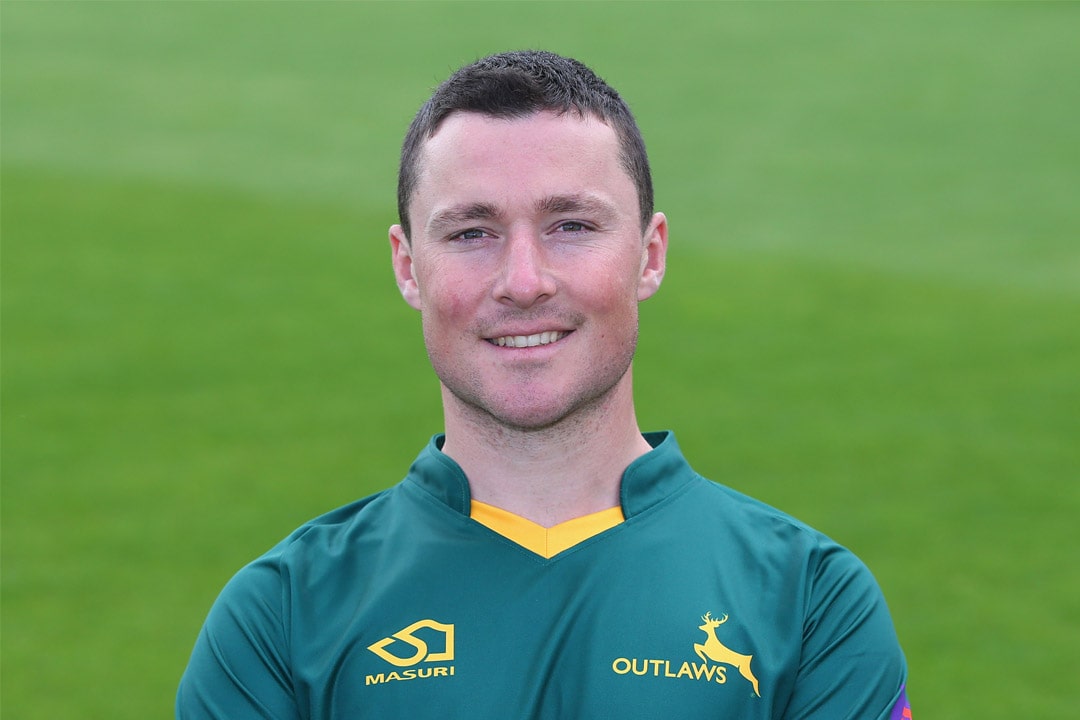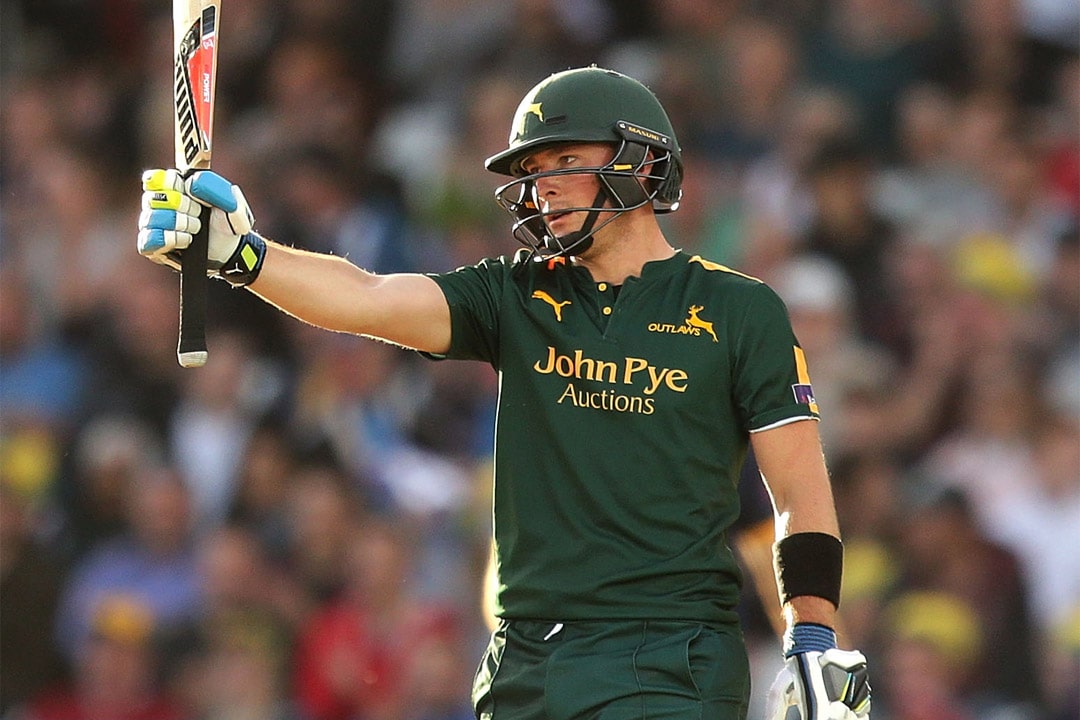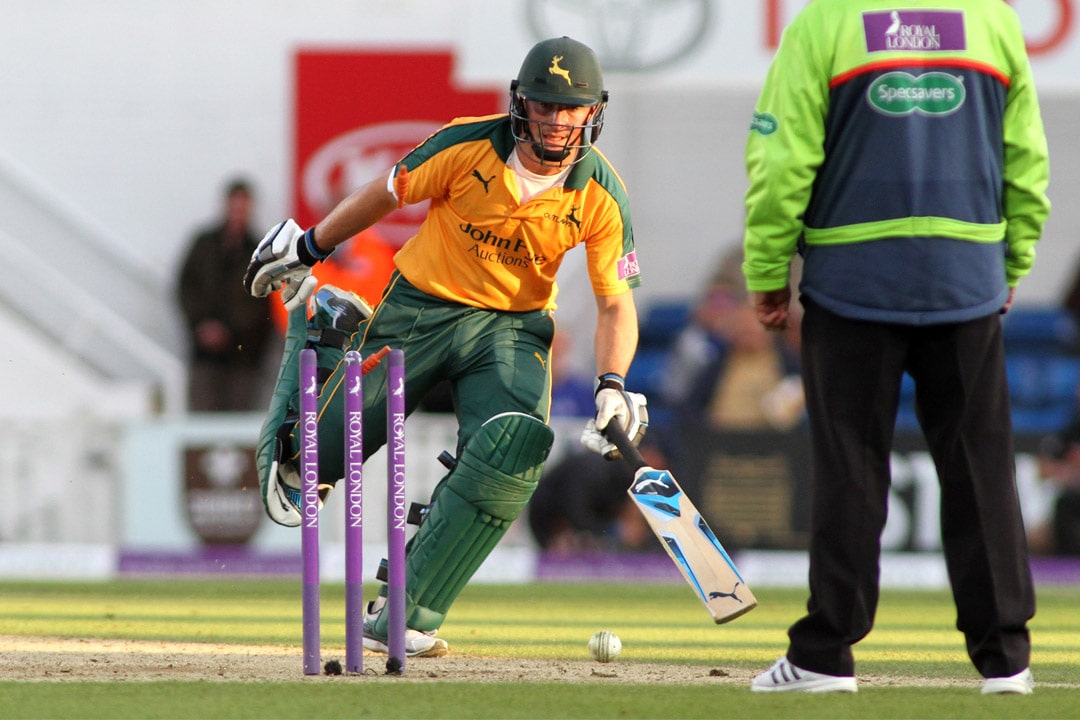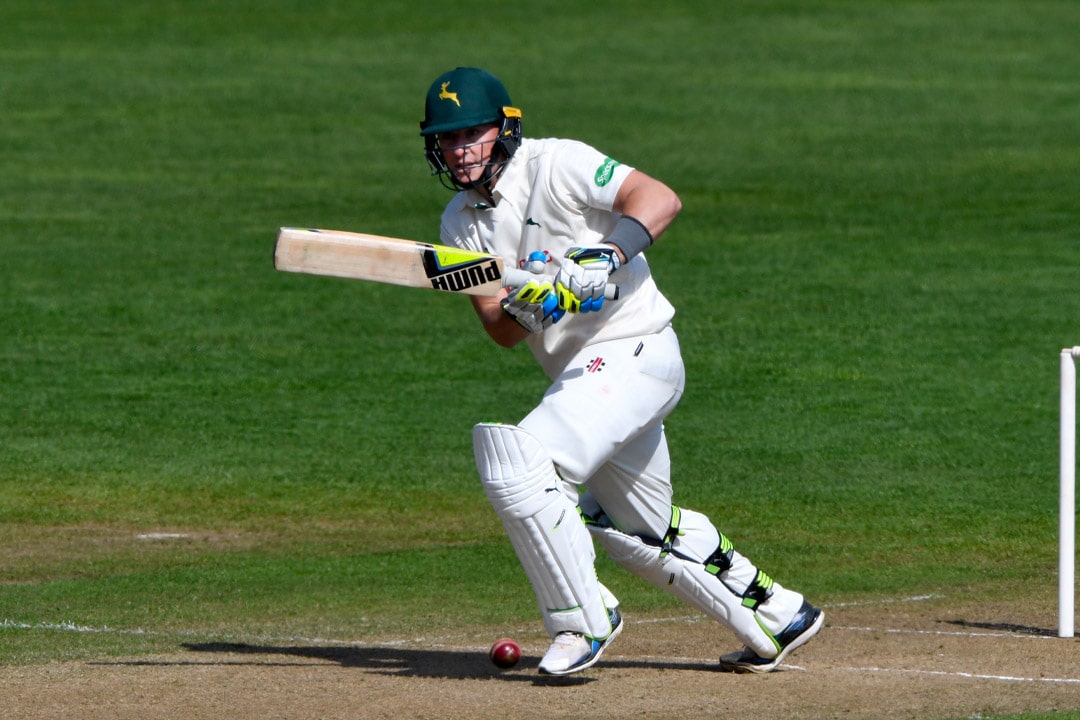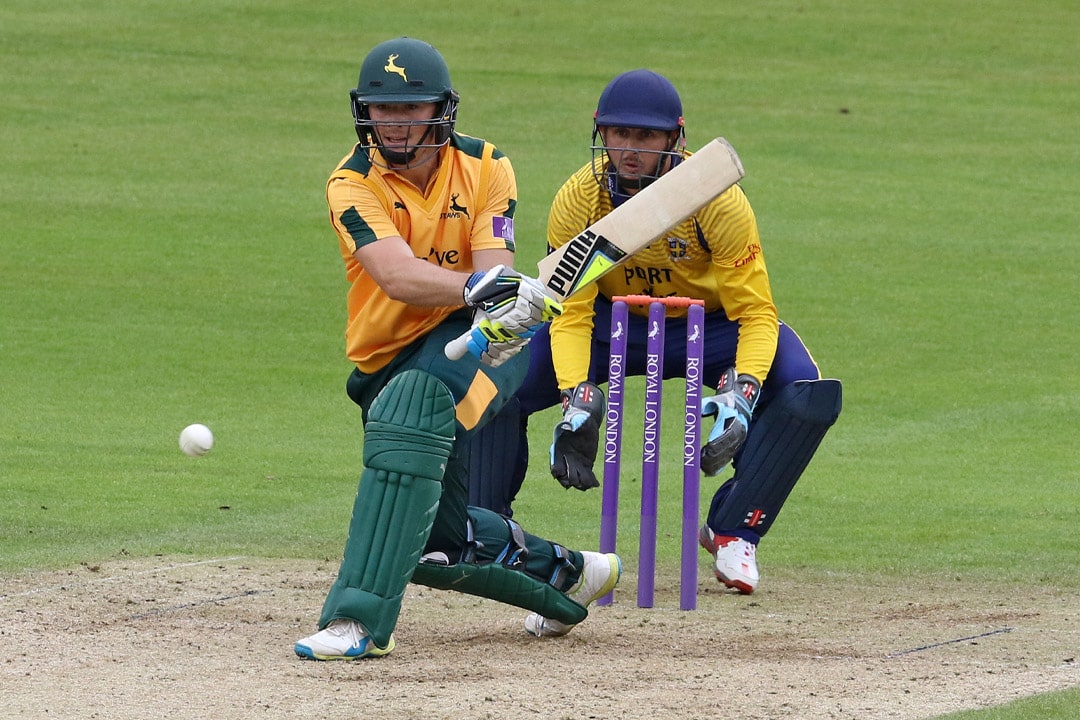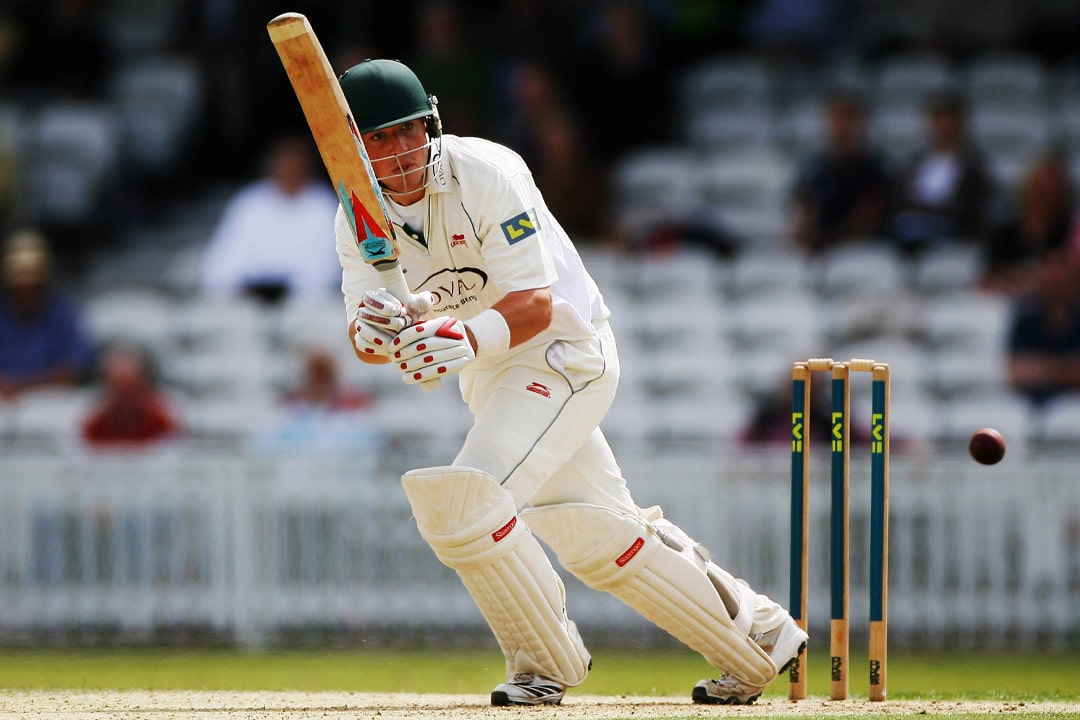PCA PRESS RELEASE
Newly qualified teacher Greg Smith benefits from keeping doors open.
To see more articles, click here
“Life has lots of twists and turns, so just try to keep as many doors open as you can by continually upskilling yourself.”
Former Leicestershire and Nottinghamshire man Greg Smith’s message to his fellow PCA members is one learned from experience.
The top-order batsman turned teacher left the game in 2017, having envisaged a career in finance before going into education. That move, however, arrived earlier than expected for Smith as he realised his first job after leaving professional cricket just wasn’t for him.
Having received support and funding from the PCA throughout his career changes, 31-year-old Smith spoke to the Association about the importance of keeping those doors open, his decision to make a career u-turn and his plans for a future in education…
- Q: Briefly summarise your journey since leaving Nottinghamshire in 2017.
- A: My wife and I moved to north London, and the first job I took was in corporate broking, which I did for seven or eight months before deciding it wasn’t for me. After that, when I was deciding what my next move would be, I took a coaching job at Dulwich College and decided I wanted to be more involved with schools. So I then got trained as a classroom teacher, taking a government bursary in September last year to help cover my training, which has involved me working at two local schools in Islington. I’m now a qualified teacher and have got a job at Kelmscott School in Walthamstow, where I’ll be a full-time teacher starting in September.
- Q: What was the thought process behind going into the broking job you mentioned?
- A: I had this idea, which in hindsight might have been a little bit deluded, that I wanted to have three careers. I was aiming to have my time in professional cricket, then make a little bit of money, then go into teaching. But I found myself being really miserable doing the second part. So I thought to myself that I would rather be a happy teacher than miserable in the corporate world. I wanted to earn my crust but I decided that life is short and I wanted to become a teacher and live that profession.
- Q: Was there a particular moment when you had that realisation?
- A: I have a lot of friends in teaching, and when I was doing the corporate job I would spend a bit of time with a mate who was a teacher in Oxford. My time there made me realise that I wanted to be doing something different with my day-to-day and that I should get going to achieve that.
- Q: What are the main skills you’ve taken from professional cricket into teaching?
- A: When you’re a professional cricketer, you become very attuned to other people’s emotions and living in quite a confined space. Similarly, when you’re a classroom teacher with 25 kids, you have to be pretty well attuned to the needs of the people in that room. Living in such proximity to people in county cricket makes you pretty dialled in to people’s needs and emotions and I think that transfers over to being a classroom teacher.
- Also, there’s the sense of community and teamwork. The role of the school is getting everyone to pull in the same direction to provide the best experience for the pupils there, and there is definitely crossover there. One of the things I struggled with in the corporate world, and I’m not trying to pour scorn on it, was the feeling of isolation at your desk, in the sense that you’re judged on your own productivity rather than the feeling of collaboration that you get in the classroom. It’s not a case of didactically talking to the class, it’s about me trying to forge a sense of teamwork around the school.
- Q: Can you expand a bit more on the formal qualifications you’ve done?
- A: Leicestershire gave me a summer contract at the start of my career, which allowed me to get a 2:1 from Durham University, which in itself was a prerequisite to get on to the PGCE (Postgraduate Certificate in Education). The qualification I’ve just finished is a PGCE in Geography and History. The PCA supported me with my degree, my ECB Level 2 coaching qualification and my PGCE, so they’ve been an ever present in my professional development. I’ve also managed to moonlight an A-Level alongside my qualification this year!
- Q: What would your message be to PCA members who are approaching a change in career?
- A: I always thought I was on the right track, but it ended up being my ECB coaching qualification that put me on the road towards becoming a teacher. If people know exactly what they want to do, then brilliant, but I don’t think I was in that bracket when I left the game. But I was lucky enough that I had a few qualifications so I could explore a few different channels.
- On that note, winters are really long, and continually upskilling yourself just keeps doors open. I didn’t think I’d need my coaching qualification when I left the game, but actually it was a really important tool for me to get the job at Dulwich College which opened my eyes to what a great environment teaching is. It really galvanised me to qualify as a teacher. Life has lots of twists and turns, so just try to keep as many doors open as you can by continually upskilling yourself.
- Q: What positives can you take from your experience of leaving the professional game?
- A: The PCA provides a really great safety net. It can be a lonely time and I would encourage all players to use the PCA and speak to the people there just as a sounding board and as a reference point. They’re fantastic. I would also say that relationships you make in cricket are good, strong relationships and, despite being on a completely different tack, I really look forward to catching up with people who I’ve made amazing memories with during my time in the game.
- Q: And your plans for the future?
- A: First and foremost, I’m becoming a new dad in October, which is quite an immediate concern. Being a newly qualified teacher as well as a newly qualified dad means that I think I’ll be fighting fires in the short term.
- Professionally, I want to become the best teacher that I can, and I think working in the state system is the best place to do that. Down the line, I’d be tempted to work in the private system and use my cricket alongside my teaching. I’ve met one or two people in housemaster jobs where you can tie in looking after young people, educating young people and forging that love of sport as a package of three things, alongside some good holidays where you get to spend time with your family. I would definitely sign up for that.

